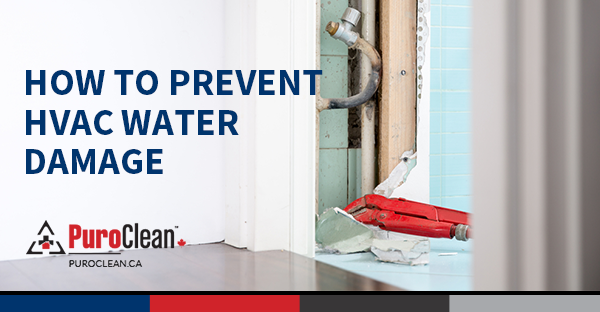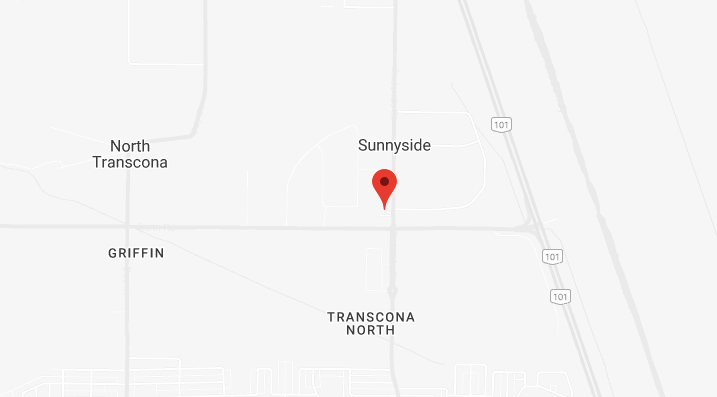The PuroClean Blog
How to Prevent HVAC Water Damage
 The heating, ventilation, and air conditioning (HVAC) system must be maintained properly to prevent extensive water damage. Common problems with the HVAC system include clogged drain line, frozen evaporator coils, and improperly connected pipes – problems that may cause leaks. Here are more details on how to prevent HVAC water damage.
The heating, ventilation, and air conditioning (HVAC) system must be maintained properly to prevent extensive water damage. Common problems with the HVAC system include clogged drain line, frozen evaporator coils, and improperly connected pipes – problems that may cause leaks. Here are more details on how to prevent HVAC water damage.
- The HVAC filter should be replaced at least once a month to help prevent the unit from overworking. Stress on the unit can cause freezing and then defrosting on the evaporator coils, leading to water damage. While choosing a high-efficiency particulate air (HEPA) filters is best, the instructions manual typically shows the type of filter that’s need. If the filters are located inside the furnace or air handler, a contractor should be hired to change the filters.
- The condensation drain line must be maintained
- When your AC unit is running, the condensation line opening should be checked to make sure water flows to the drain. The amount of water that flows depends on the humidity level in the house.
- The drain should be flushed with an algae inhibitor once or twice a year to prevent mould or algae from forming. A commercial solution or regular bleach will do the job.
- If the drain line is already clogged, a wet/dry vacuum should be attached to the drain line (removing the paper filter first) to suck the clog out.
- The main drain line and emergency drain line must be properly connected and installed. The pipe should be oriented correctly as it might be knocked out of alignment.
- A condensation pump should be installed to help excess water flow into the proper disposal drain. A safety float switch should also be installed to automatically shut down the power to the AC unit whenever condensation builds up and there is a risk of water overflow.
- Let a professional inspect the HVAC system. HVAC inspection and maintenance can be difficult for homeowners, so hiring a professional is a good idea. Besides the tasks already mentioned, they can fix problems related to HVAC components like the ductwork, furnace flames, grills and registers, AC compressors, the thermostat, and more.
The moisture in HVAC systems also promotes mould growth that can contaminate the air in a home. Here’s how to prevent mould in HVAC systems. The PuroClean team stands ready to provide professional restoration services to any property affected by fire, water or mould damage.
Follow us on Twitter, Facebook, Google+ and LinkedIn to get our notifications!
July 13, 2018


